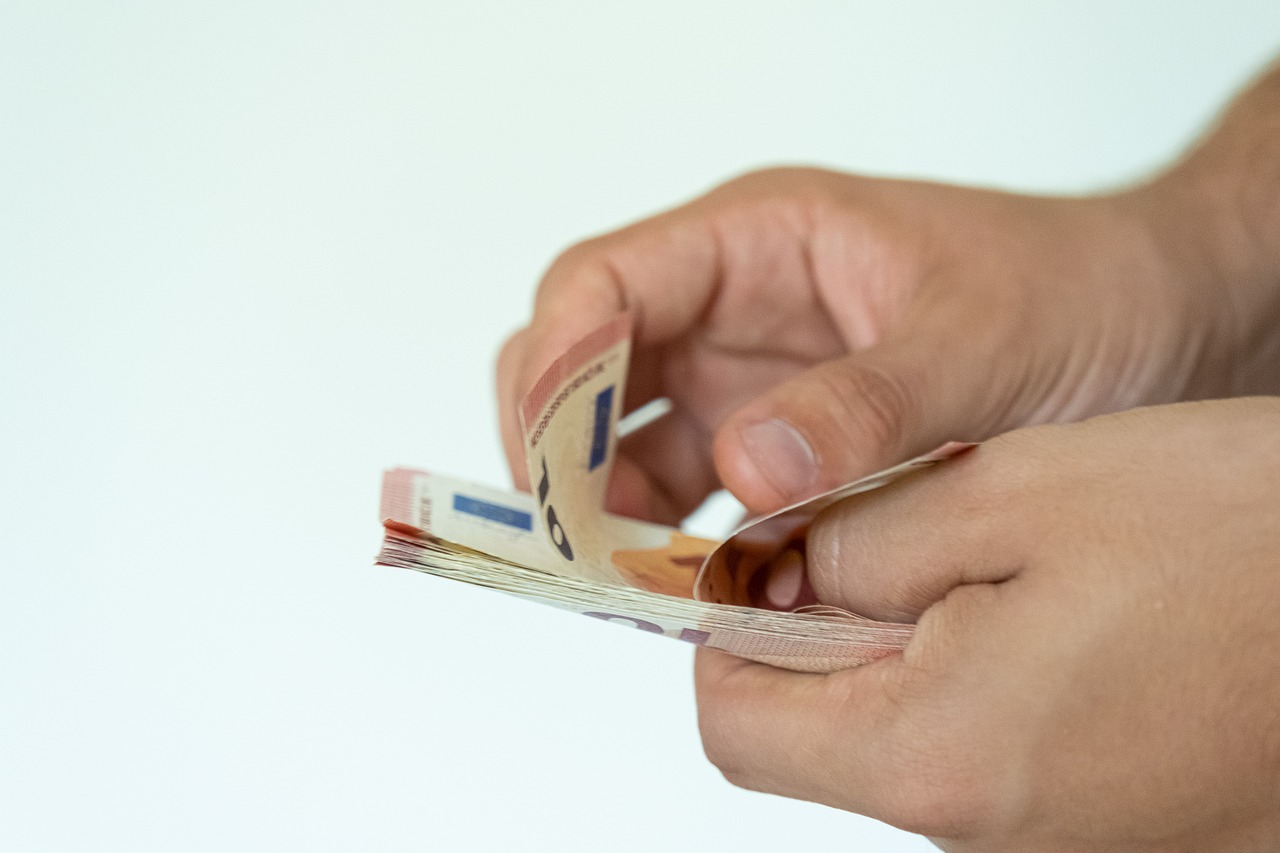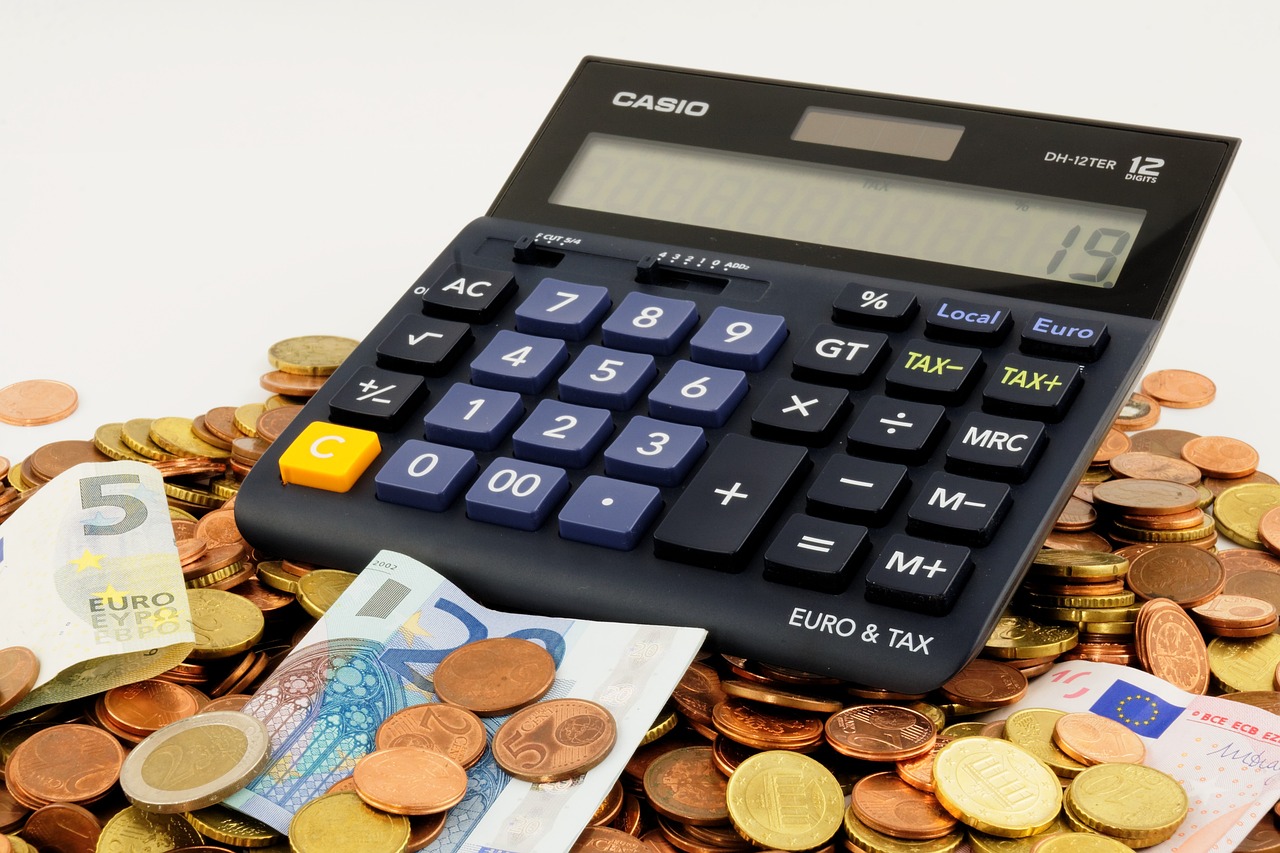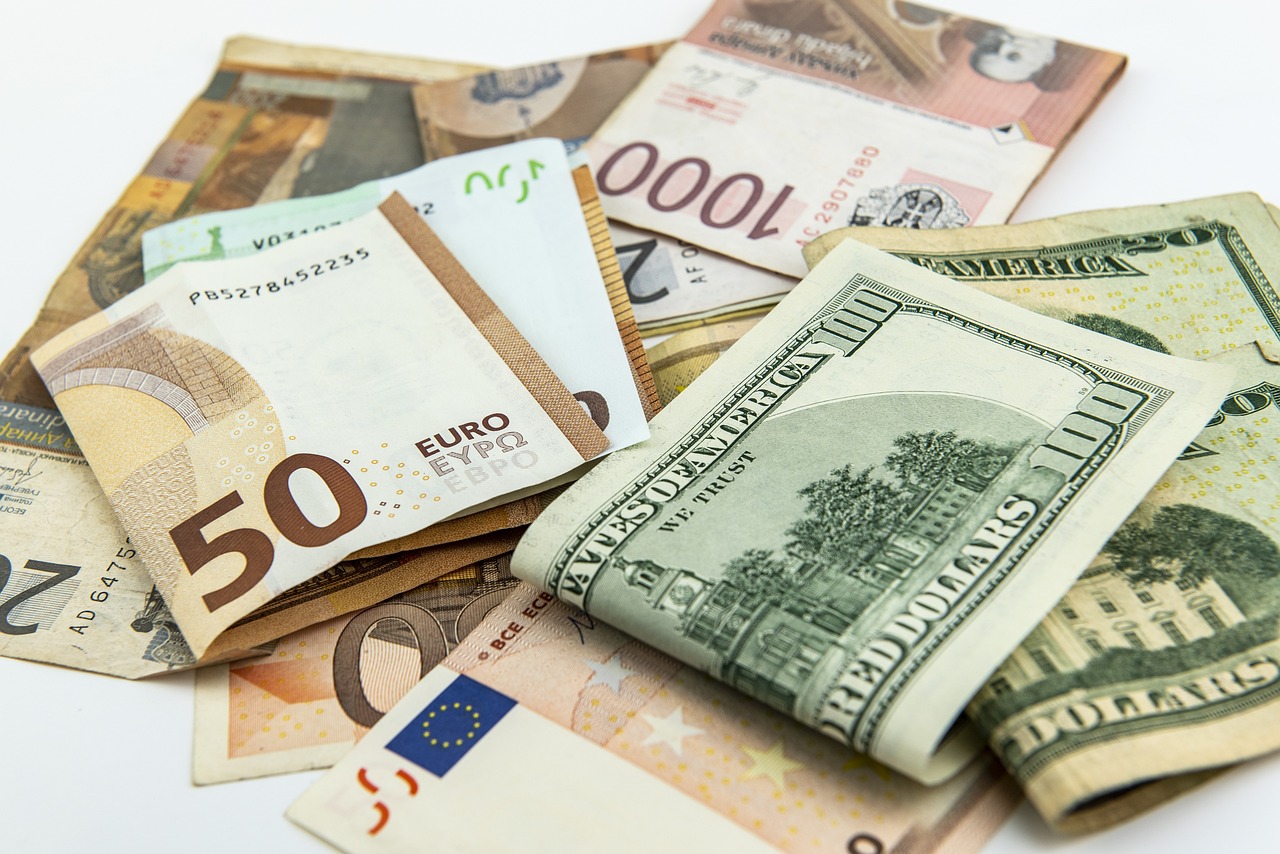Transferring Money to a French Bank Account: Navigating Taxes, Regulations, and Documentation Requirements for Recurring and Large Sum Transfers from Non-EU Countries
GPT_Global - 2025-07-02 13:00:09.0 374
Are there any tax implications when transferring money to a French bank account?
Transferring money to a French bank account can have several tax implications that individuals and businesses should be aware of. When you send money to France, it is important to understand the regulations set by both the country you are sending money from and France itself to ensure compliance.
One key consideration is the potential for double taxation. Both countries may try to tax the same income, so it is important to research any tax treaties that may exist to prevent this. Additionally, France may require the recipient to declare the transferred funds as foreign income which could be subject to taxation.
It is also important to consider any reporting requirements. France has strict financial reporting laws, and failure to comply can result in hefty fines. If you are transferring large sums of money, it may be necessary to complete additional paperwork or declarations.
Seeking advice from a tax professional or financial advisor who is familiar with both French and international tax laws is a prudent step. They can provide guidance tailored to your specific situation and help you navigate the complexities of cross-border money transfers with ease.

Can I set up recurring transfers to a French bank account?
Setting up recurring transfers to a French bank account can be a convenient way to manage your finances if you frequently send money to France. Many remittance services now offer the ability to schedule automatic transfers, which can save you time and ensure that your payments are made consistently and on time. When setting up recurring transfers, you'll typically need to provide the recipient's bank account details, the amount you wish to send, and the frequency of the transfers. Most services allow you to choose from weekly, bi-weekly, or monthly transfer options. Additionally, you may be able to set up transfers to occur on specific dates, which can be especially useful for paying bills or meeting other financial obligations in France. It's important to choose a remittance service that offers competitive exchange rates and low fees to maximize the value of your transfers. Some services may also offer additional features, such as the ability to track your transfers and receive notifications when they are completed. By taking advantage of these features, you can streamline your international payments and ensure that your money is being sent securely and efficiently to your French bank account.What documentation do I need to provide to transfer money to a French bank account?
Transferring money to a French bank account can be a daunting task, especially if you are not familiar with the documentation required. As a remittance business, it is essential to ensure that all the necessary paperwork is in place to facilitate a smooth and hassle-free transaction. To transfer money to a French bank account, you will need to provide several documents. First and foremost, you will need a valid government-issued identification such as a passport or national ID card. Additionally, you will need to provide proof of address, which can be a utility bill or bank statement that is no more than three months old. Furthermore, the French bank may require you to fill out specific forms or provide additional documentation related to the purpose of the transfer. It is important to check with the receiving French bank for any specific requirements or additional documentation they may need. This will ensure that your money transfer is processed quickly and without any issues. By having all the necessary documentation ready, you can make the money transfer process to a French bank account seamless and efficient.Are there any special regulations for transferring large sums to a French bank account?
When transferring large sums of money to a French bank account, it is important to be aware of the special regulations that may apply. France has implemented several measures to prevent money laundering and terrorism financing, and these measures can impact how you transfer money to a French bank account.
Firstly, any transfer exceeding €10,000 must be declared to French customs. This applies to both residents and non-residents of France. Additionally, French banks are required to report any suspicious activities or transactions to the authorities, so it is crucial to provide complete and accurate information about the source and purpose of the funds being transferred.
Furthermore, depending on the amount and the origin of the funds, additional documentation such as proof of income, tax returns, or business registration documents may be required by the French bank. It is advisable to check with the specific bank for their requirements and to ensure compliance with all relevant regulations.
Overall, understanding and adhering to these regulations is essential for a smooth and successful transfer of large sums to a French bank account. Consulting with a financial advisor or legal expert who specializes in international money transfers can also provide valuable guidance and support.
Can I transfer money to a French bank account from a non-EU country?
Transferring money to a French bank account from a non-EU country is a common need for many people around the world. Whether you're an expatriate, have family in France, or need to make business transactions, finding a reliable remittance service is essential. Most international money transfer services offer the ability to send funds to France quickly and securely. These platforms typically support various payment methods, including bank transfers, debit cards, and credit cards, making it convenient for users in non-EU countries to initiate transactions. It's important to compare the fees, exchange rates, and transfer speeds of different services to ensure you are getting the best deal. Additionally, some remittance services provide added features such as mobile apps and customer support in multiple languages, enhancing the overall user experience. By choosing a reputable and efficient money transfer provider, you can ensure your funds are delivered safely and cost-effectively to any French bank account, regardless of your location outside the EU.
About Panda Remit
Panda Remit is committed to providing global users with more convenient, safe, reliable, and affordable online cross-border remittance services。
International remittance services from more than 30 countries/regions around the world are now available: including Japan, Hong Kong, Europe, the United States, Australia, and other markets, and are recognized and trusted by millions of users around the world.
Visit Panda Remit Official Website or Download PandaRemit App, to learn more about remittance info.



